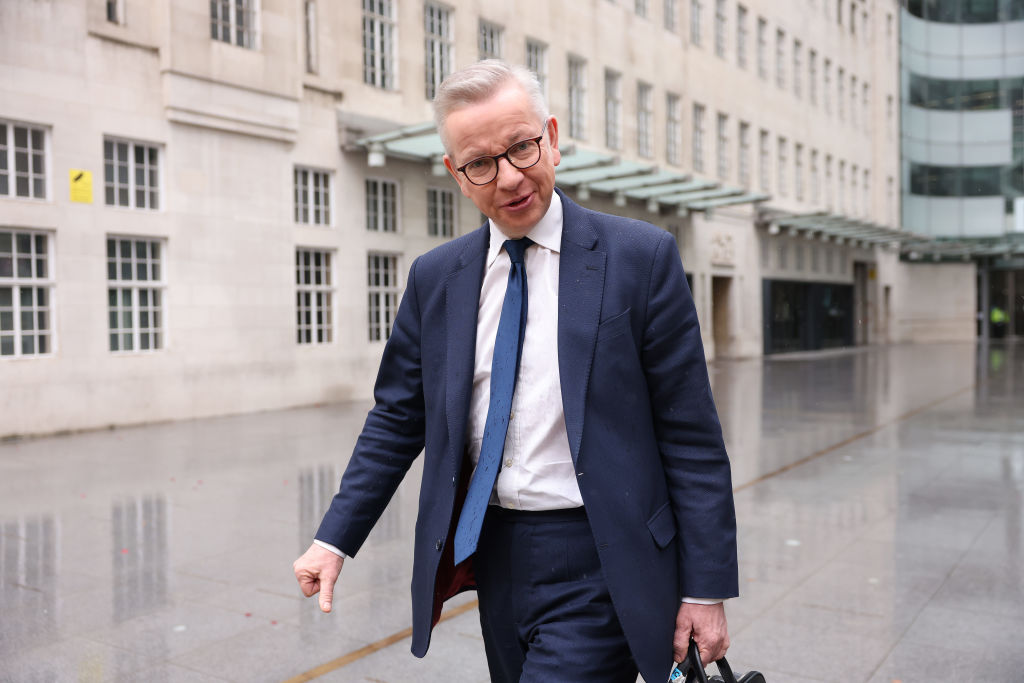Analysis: Is Michael Gove going to war with landlords?

Unsurprisingly, the National Residential Landlords Association has taken umbrage with Michael Gove’s characterisation of “unscrupulous” owners raising rents on poor, unsuspecting tenants.
The trade body said Gove was “whipping up fear” and damaging the relationship between landlords and tenants.
Because, famously, they’ve always gotten along so well.
Earlier today, Michael Gove repeated his promise to scrap Section 21 orders, which allow for landlords to evict tenants without giving a reason.
He told a panel hosted by Onward: “No fault evictions are used by some landlords to threaten and intimidate tenants, it can also be used to try an get tenants moved out so rents can be jacked up, in the context of the lack of demand overall, and can make bigger profits.”
In fairness to the landlords, rising interest rates have pushed the cost of mortgages up, but nowhere near what has been feared.
Buy-to-let landlords are the most at risk of rising rates, because they are more likely to use wholesale funding rather than deposits, which means they are more exposed to interest rate hikes.
If landlords’ profits are eroded when they refinance, they’ll either hike their prices or sell up.
If they sell up, the supply of rental properties will also fall, making it more likely private landlords do push their prices up.
So yes, there will be some landlords trying to kick tenants out to profit off of rising rents, especially in the London.
But the problem of rising rents is a systemic one, caused by a series of moving parts in the UK housing market.
And while rents have gone up – just listen to anyone trying to find a flat in London – for tenants staying in a property, these rent rises are lower than the commercial price rise.
Landlords want to keep good tenants and normally want to avoid the hassle of putting a property back on the market and signing a new lease, so overall, rent raises have gone up 4.7 per cent, on figures from the Office of National Statistics.
This is in comparison to 17 per cent in central London, according to housing portals, which only look at the rent for new tenants.
